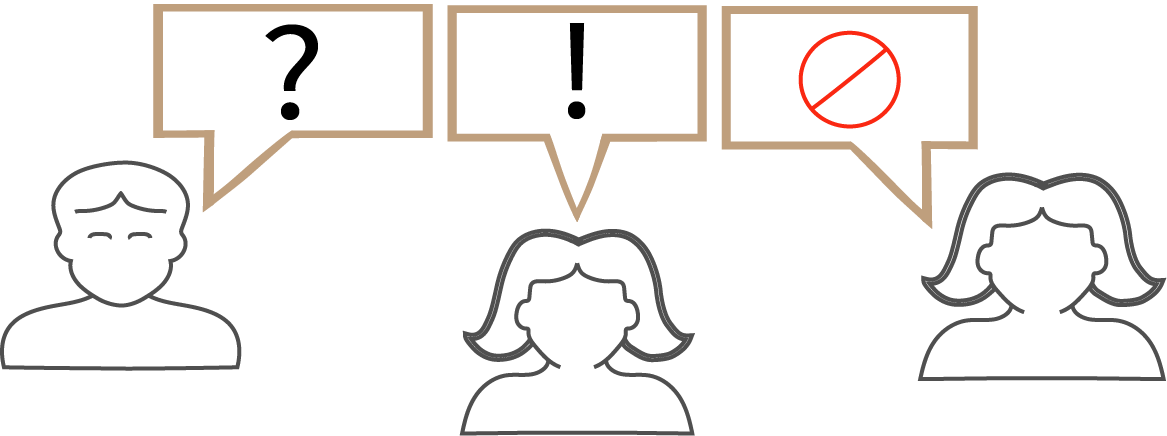WHO’s review highlights misinformation as detrimental to people’s health
Widely perpetuated myths and false statements ran rampant during the Covid-19 pandemic, and have lead to risky and improper health behaviours among the populace.
The World Health Organization (WHO) released a review on September 1, 2022 revealing that social media apps such as Twitter, Facebook, and Instagram play a critical role in the spread and belief of misinformation. Due to the viral nature of social media, misinformation can spread before being debunked. Additionally, large-scale crises such as the Covid-19 pandemic increase the spread of myths. All these have sizable effects on people’s health decisions.
In the 2022 Snider Lecture hosted by the University of Toronto Mississauga, Timothy Caulfield, a professor of Law at the University of Alberta and author of two national bestselling books, states that the media plays a role in normalizing misinformation, and that celebrities, among other authoritative figures, often cause the spread of misinformation. This was especially evident during the Covid-19 pandemic.
False information regarding Covid-19 has led to vaccine hesitancy, and more alarmingly, the spread of dangerous and false treatment fads—such as ingesting urine, popularized by an anti-vaccine activist named Christopher Keys in January 2022. Other consequences include an increase in fear and anxiety about the pandemic.
Caulfield notes the farcical nature of these messages, stating that vulnerability to misinformation generally increases when people have limited knowledge of the content. “Experts and health professionals are among those best placed to refute misinformation and direct users to information sources that are evidence-based,” the WHO states in its review.
Steps can be taken to counter the impact of misinformation, such as creating platforms with evidence-based data and incorporating it in relevant health content. The WHO review states that in spite of its problems, social media may still be an asset in combating misinformation. Regardless, further research is required on how to use these specific mediums most effectively.
“We have to use a combined approach to fight this information. We have to debunk, nudge, [and] regulate,” Caulfield states. He puts forth the benefits of “prebunking,” which refers to reminding the general public what misinformation looks like through lectures and videos filled with concrete examples. Additionally, he encourages people to take social media breaks to get a rest from the constant flow of information.
Caulfield also places large value in debunking. Tips on combating misinformation include using scientific evidence in arguments and being humble in the face of misinformation.
Regarding the importance of understanding the forms of misinformation, Caulfield speaks on the role of celebrities in perpetuating false messages. Celebrities and other authority figures, even healthcare professionals, can spread inaccurate information as a way to market their own products, or to spread their personal, unsupported beliefs.
Caulfield mentions Gwyneth Paltrow as an example, who used her diagnosis of Covid-19 to promote products from her own brand as effective treatments. Celebrities hold positions of power and respect; they have significant influence over the public’s opinions, especially in the early stages of a crisis, which teems with uncertainty.
The WHO review and the 2022 Snider Lecture reveal the importance of combating misinformation effectively. They both echo that is vital for people to develop a skeptical mindset that sieves through the massive volumes of information they are exposed to. This will allow for informed decision-making and immunity to mob mentality, both critical as the world looks to recover from the Covid-19 pandemic.

